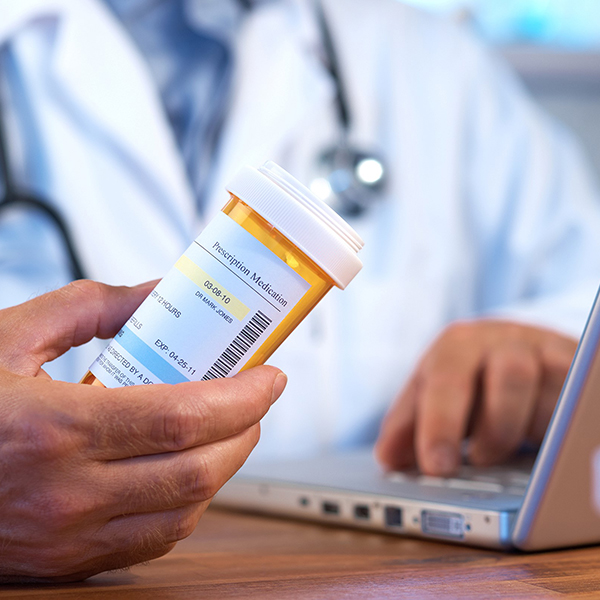
Blog | 10/29/2019
Health Advances Presentation at AMCP Nexus: Costs of Mandating Blister Packaging for Opioids
By Frank F. Zhou, Senior Analyst; Katelyn Ward, Consultant; Julia A. Gaebler, PhD, Partner
|
Health Advances will be presenting a poster on the financial implications of FDA-proposed changes to opioid packaging at the upcoming Academy of Managed Care Pharmacy (AMCP) Nexus meeting in National Harbor, MD. Health Advances Senior Analyst, Frank Zhou, will be in attendance to report on the findings, which were awarded a Silver Ribbon by the conference (top 20% of abstracts). |
The US opioid epidemic has been declared a national public health emergency, claiming roughly 47,000 reported lives in 2018. Currently, most solid-dose opioids are packaged in cost-efficient bottles, but in February 2019, the FDA announced its intention to mandate unit-of-dose packaging or “blister packs” from opioid manufacturers to help combat the epidemic.
Health Advances completed a study examining the potential financial impact of such a change if applied to all solid-dose opioids in the US retail setting. Packaging detail from the FDA National Drug Code database was matched to retail prescription figures from the IQVIA National Prescription Audit database. A per pill price premium associated with a switch from bottled to blistered configuration was determined using pricing data from REDBOOK. For solid-dose opioids currently sold in bottle configuration, this price premium was scaled up to evaluate the total financial impact that would be felt by manufacturers, pharmacies, payers, and patients.
Key Takeaways
- 142MM solid-dose opioid prescriptions were dispensed in the US retail setting in 2018.
- Of these, 98.5% were able to be matched to packaging information and therefore included in analysis. This subset represented 39.8B eligible opioid pills.
- 99.95% of these pills were dispensed in bottle formation.
- The blistered version of a representative opioid (oxycodone) is currently sold at a $0.26 per pill premium compared to the bottled version of the same strength, pack quantity and manufacturer.
- Applying this price premium to the entire relevant dispensed opioid volume results in a total financial impact of $10.3B.
- This impact would be driven by the need for manufacturers to utilize costlier packaging material, perform new validation testing, and procure new capital equipment.
###
| About Health Advances |
|---|
|
Health Advances is a strategy consulting firm focused exclusively on the healthcare and life sciences sectors. We frequently assist clients with developing and executing global market access and value-based pricing strategies and diligence for early concepts to launched products. Our work employs different methods to assess the impact of price on payer adoption and volume in the US and on the determinants of price and reimbursement in ex-US markets. |

